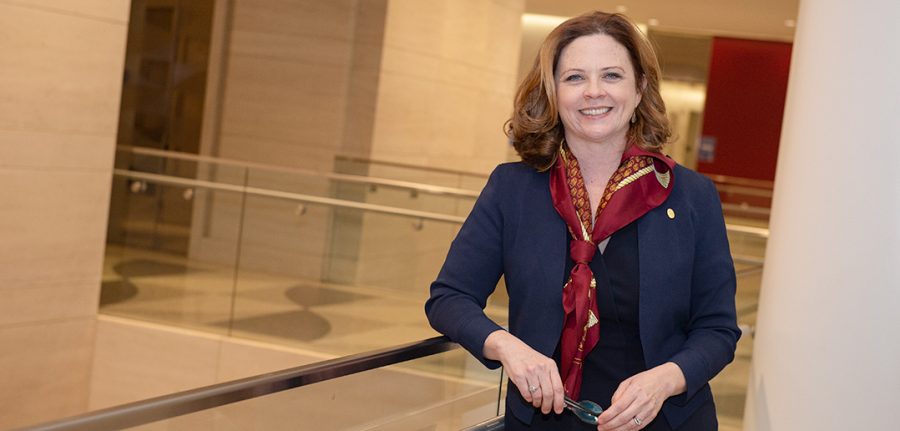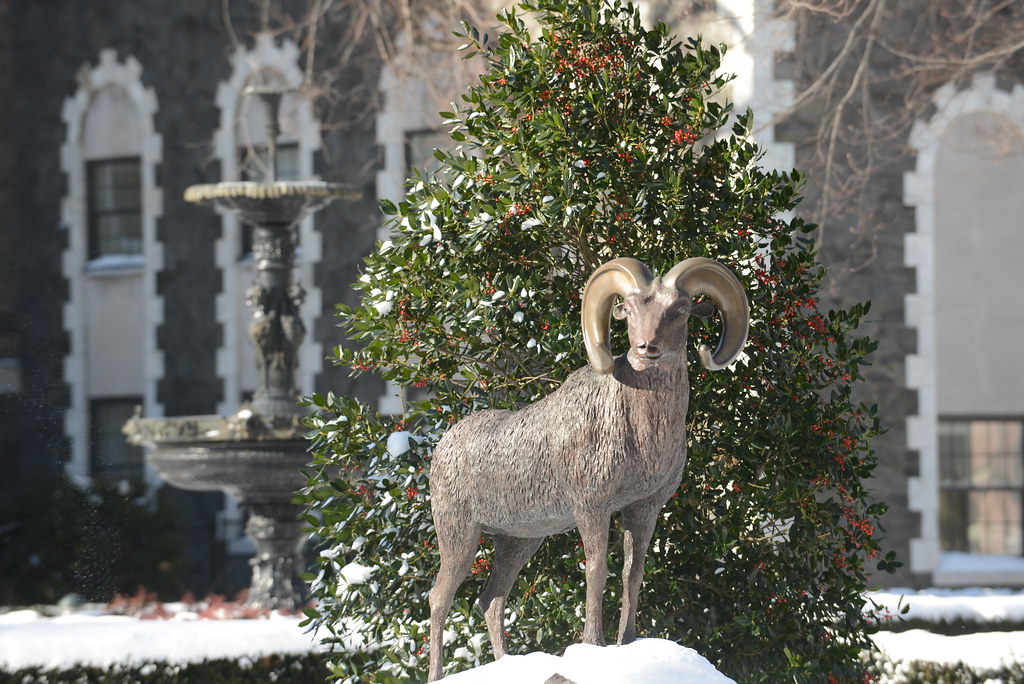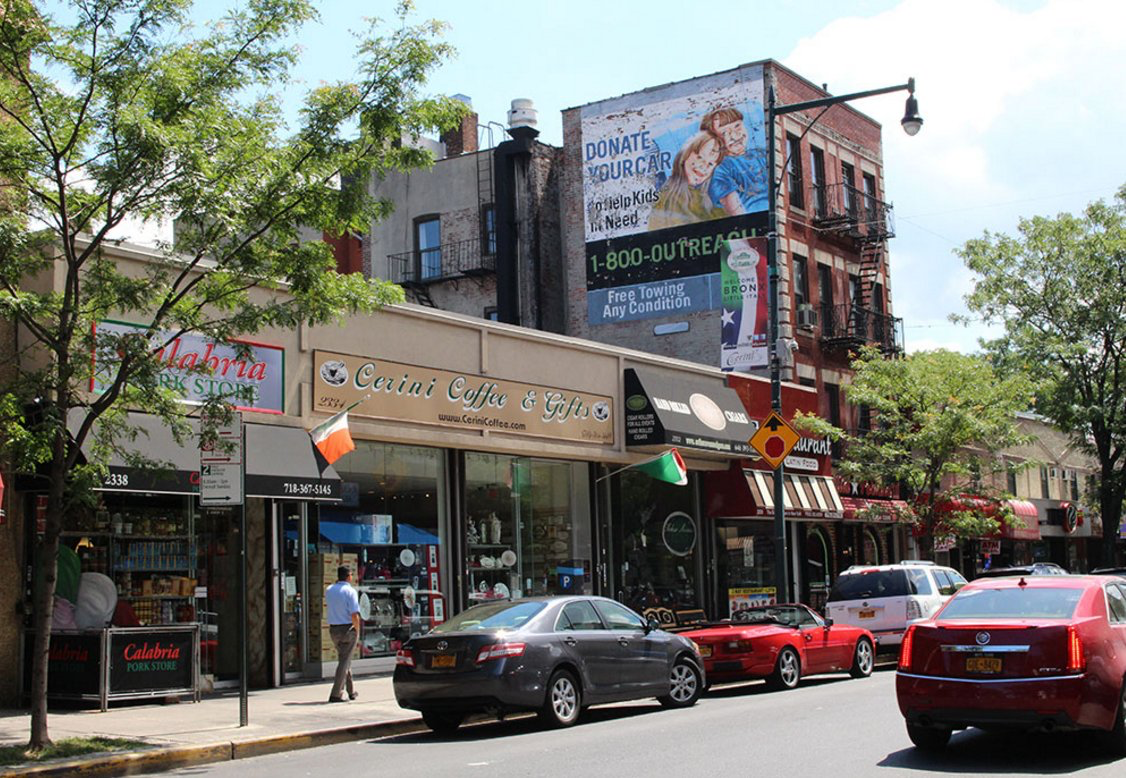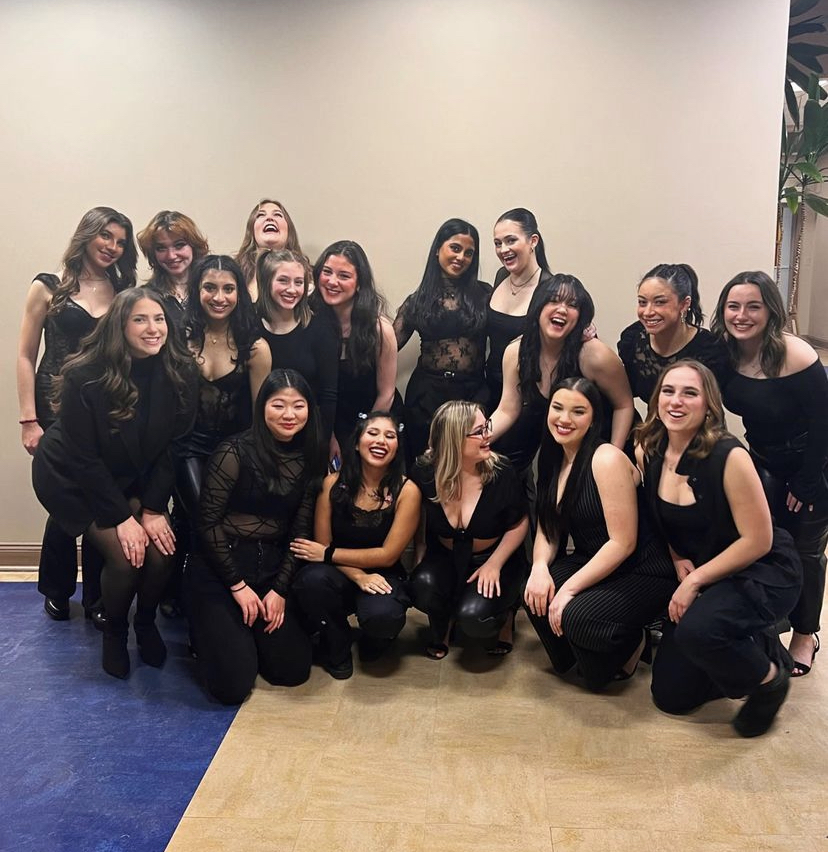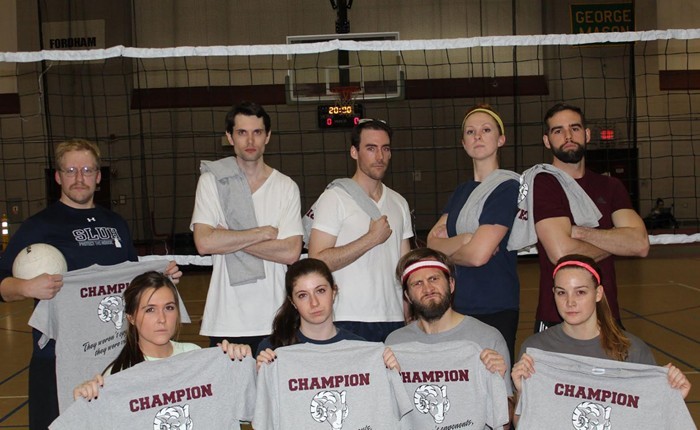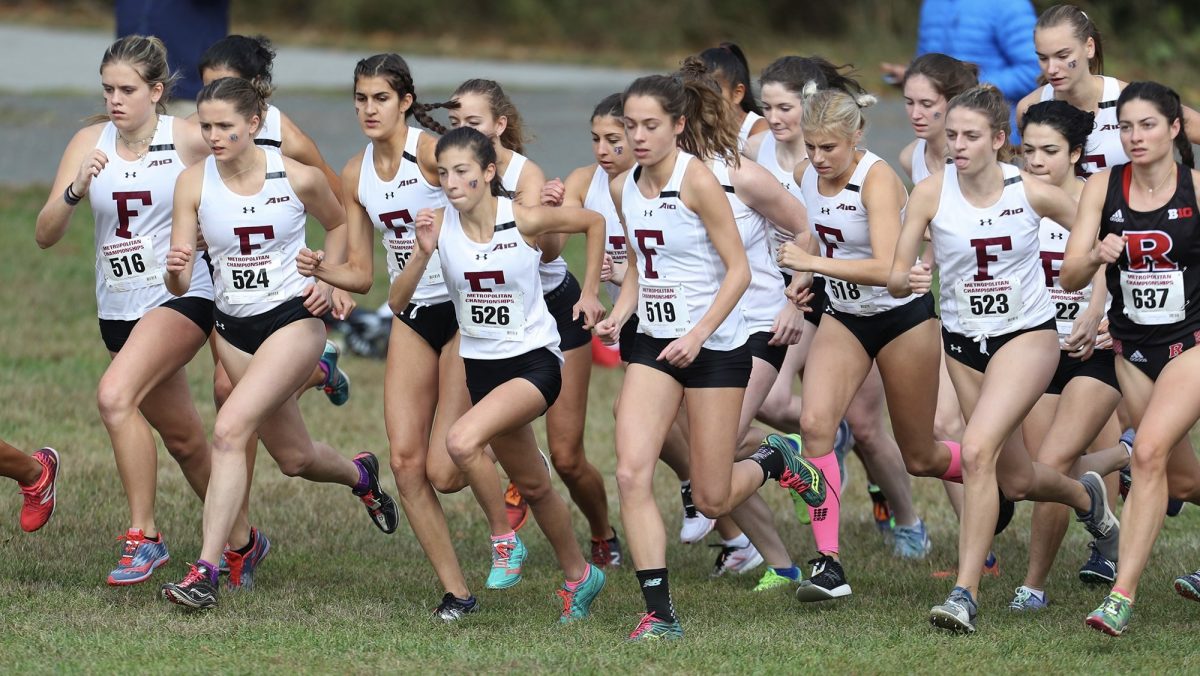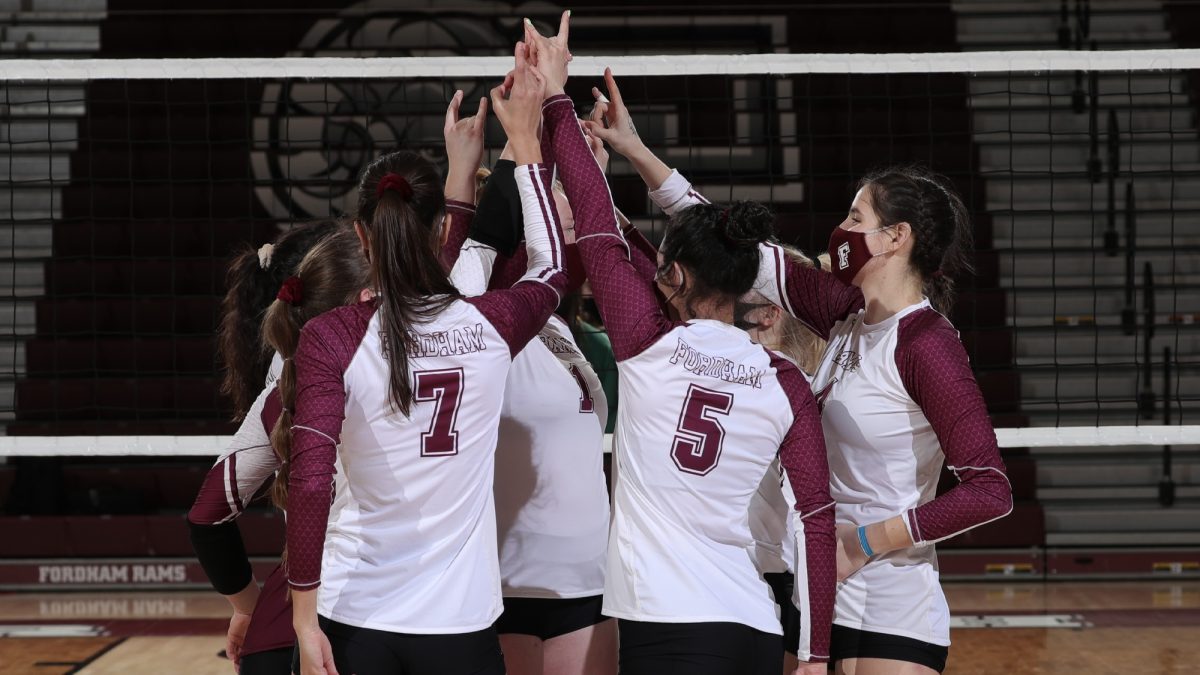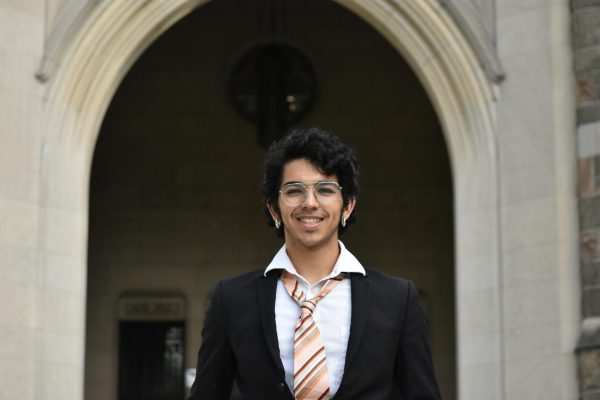The 2022-23 academic year marked a monumental milestone in Fordham history: Tania Tetlow began her tenure as the university’s first layperson and first woman president as she was sworn into office on July 1, 2022.
Succeeding Rev. Joseph M. McShane, S.J., who retired from the position at the end of the spring 2022 semester after a 19-year tenure beginning in 2003, Tetlow was inaugurated as president of the university on Oct. 14, 2022. Prior to her role at Fordham, Tetlow served as president of Loyola University New Orleans.
The new president’s goals, laid out for the university prior to taking office, were focused primarily on strengthening Title IX protocols, improving campus safety and emphasizing ideals of campus diversity, equity and inclusion.
Tetlow’s first major action across the university was the announcement of a 6% increase in the cost of tuition and room-and-board, to go in effect beginning fall 2023.
For the spring 2023 semester, students paid $28,460 in tuition, while that cost rose to $30,167 for fall 2023.
Additionally, alongside the rising cost of tuition, Tetlow also announced a $10 million increase to the financial aid budget to help offset the 6% increase. However, students remained vocal in opposition to the tuition increase. Following Tetlow’s announcement, the Ram asked for the opinions of various students.
Jordan Gomes, FCRH ’25, felt that “the biggest complaint students have with tuition increases is the fact that there’s so little transparency as to how the money is being spent… We all understand that all colleges do tuition increases, but when the increase is higher than that of schools with even stronger academic profiles than Fordham, such as NYU and Columbia, which raised tuition by 4.9% as opposed to 6%, you start to wonder what warrants the price hike. I can absolutely see this affecting Fordham’s enrollment and retention rate over the next couple years.”
Another student, Christina Boniello, GSB ’23, questioned the justification for the tuition hike:
“Where is the money going? We see it’s in the landscaping and building. We have so many endowments — so much money flowing through this campus, it’s insane that they want more from these students that don’t have the money to do it.”
One of the other major conflicts to arise during Tetlow’s first year has been her discordant relationship with the various academic labor unions organizing on campus through the fall 2022 and spring 2023 semesters.
Notably, Tetlow’s inauguration was interrupted by a marching protest from Fordham Faculty United (FFU), the labor union representing the university’s non-tenure track faculty.
The appearance of FFU at Tetlow’s inauguration foreshadowed the following wave of organizing academic labor unions that the newly-installed president would have to handle in the trial of her first year leading the university. Aside from FFU, the Fordham Graduate Student Workers (GSW) union and the Fordham RA (FRA) union would also go on to hold demonstrations, rallies and, in the case of the GSW, a strike.
The FFU’s long-contested negotiations with the university for better working conditions and compensation (including pay equity and healthcare) came to an end in January 2023 before the union’s threat to strike could materialize. However, negotiations between Fordham’s GSW and the FRA are still ongoing.
In a Twitter thread posted on March 31 by the FGSW’s official social media account amidst stalled negotiations, the union stated that “President Tetlow trades on her image as attentive, respectful, and competent.” The union went on to question this image, stating that the labor group has “showed up prepared and ready to go bargain a contract at every single bargaining session. Tetlow has showed up to exactly 0 of them, and today reiterated that she will not come to the table when the FGSW member asked her to her face.”
The FGSW’s demands include pay and stipend increases to match living wage standards, secure healthcare, shuttles to pick up incoming graduate students from the local airports, paid parental and caretaker leave and extended funding for graduate employees.
In response, Tania Tetlow sent an email to the Fordham community detailing the administrative concerns of the graduate students’ unions various demands. In the message, the president said:
“We understand the desire of every student (and every person) to have a living wage, affordable housing, and free child care. But what we do not understand is the expectation that Fordham, a non-profit and a school, could provide all of this for its own students.”
Tetlow’s and the university’s relationship with the Fordham RA Union was off to a rocky start when the union first emerged in February; the FRA’s first struggle was in getting the new president to voluntarily recognize the union before involving the National Labor Relations Board to legally enforce recognition following a vote amongst would-be union members.
President Tetlow’s justification for refusing to voluntarily recognize the union boiled down to concerns over a lack of clarity regarding whether the union would cover RAs on the Lincoln Center campus and to “ensure that those voting have full information about the processes, dues and rules of a union before voting,” as stated in a message to the union delivered by Bob Howe, associate vice president for communications and special advisor to the president.
In March, the FRA voted to ratify the union into existence under the National Labor Relations Board, forcing the university to recognize the union. The FRA is currently undergoing negotiations with the university, though recent posts on the union’s Instagram page claim that the university has refused to meet with the union for bargaining sessions over the summer.
In an interview with The Fordham Ram, Tetlow stated that the ongoing unionization efforts are stressors against university financing.
Aside from her conflict with labor organizations, Tetlow spent much of the year communicating with and publicly presenting herself alongside various campus organizations, including WFUV, meetings with cultural club leaders and student press groups, The Fordham Ram and the Observer, during the spring semester.
In previous reporting done for The Fordham Ram following Tetlow’s meetings with students, Arthur Liu, FCRH ’23 and former president of Asian Cultural Exchange (ACE), stated:
“President Tetlow did the right thing by meeting with the cultural clubs — definitely a great step…. I’m glad she felt the best way to learn about the student body was to talk to students directly, and that’s a level of engagement I never saw with Father McShane. Tetlow certainly has a much better grasp of the Fordham community.”
Liu, who is an international student from Hong Kong, wished, however, that Tetlow increased engagement with the significant international student community on campus:
“There’s a trend of international students being sidelined, forgotten. We’re usually only seen in diversity statistics published by the university… I implore [Tetlow] not to squander this opportunity to connect with a demographic full of potential that has been long overlooked.”
Other students seem to hold similar feelings. USG Vice President of Communications and Marketing Ariadna Wong, FCRH ’25, praised Tetlow’s increased conversation and communications with the general student body. Wong said, “I believe President Tetlow has made solid strides to open opportunities for students to interact with her.” She continued,
“From individual office hours to a presidential student advisory council, she’s formed a precedent for personalized student engagement.”
Some students, like Ruby Fishman, FCRH ’24, are still waiting to see what Tetlow will do to stand out from her predecessor. Fishman stated:
“I’m not sure what’s so different about her contributions to Fordham compared to McShane’s contributions.”
Like students, some faculty members seem to feel optimistic about Tetlow’s potential as she continues to act as university president.
English department chair Mary Bly approved primarily of Tetlow’s engagement with faculty and students, especially when it comes to transparency and willingness to conversate. She stated:
“In my 20 years at Fordham, I find it challenging to point to a moment when faculty opinions were not only solicited, but listened to as well.” She continued, “[Tetlow’s] letters to the university strike a refreshingly authentic note.”
Some staff members at the university also say that they feel Tetlow has done a good job adjusting to Fordham.
Executive Director for the Center for Community Engaged Learning (CCEL) and Assistant Vice President of Strategic Mission Initiative, Julie Gafney, echoed Bly’s compliments on Tetlow’s engagement, saying:
“This year President Tetlow has focused on ensuring the university’s structures and strategies are in place to help achieve our visions of social justice through community engagement, as an embedded priority for all.”





































































































































































































